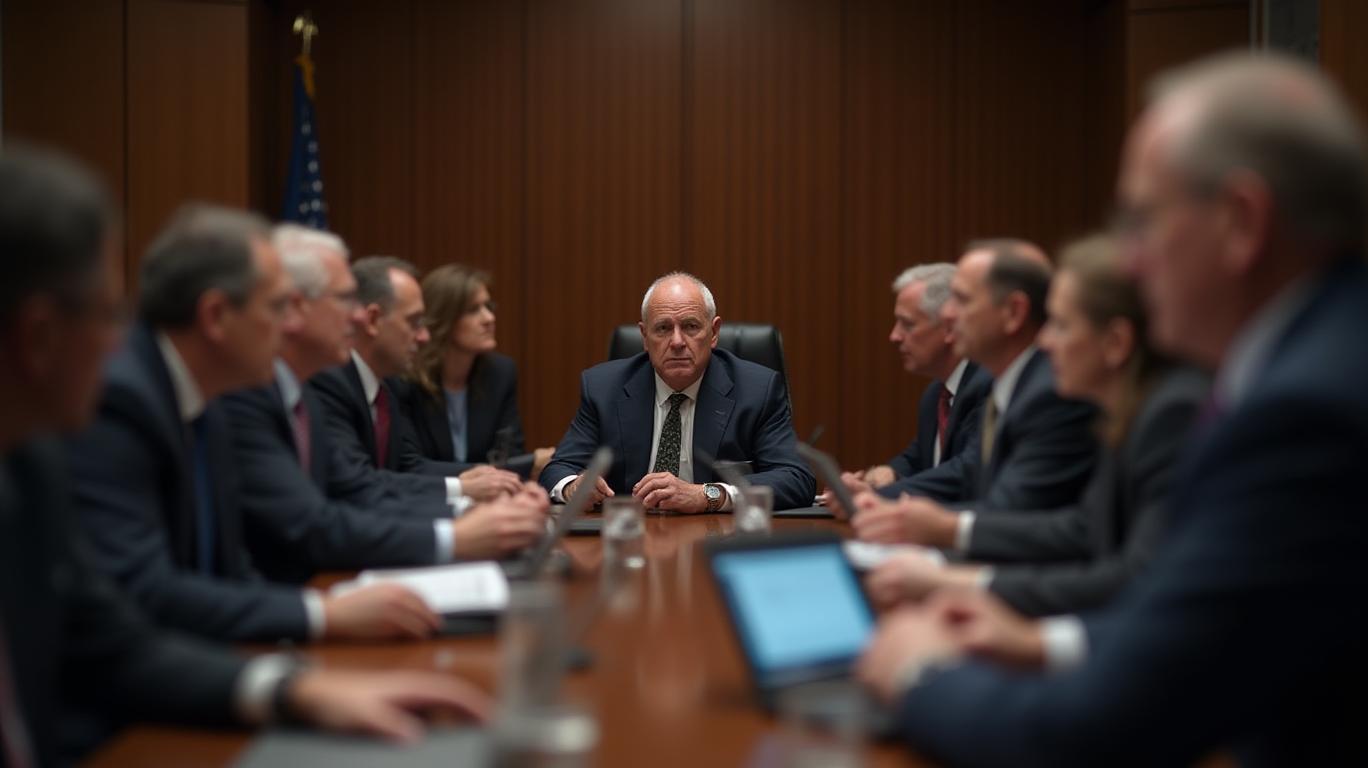Governors Respond to US Bitcoin Reserve with New Crypto Laws
The establishment of the US Strategic Bitcoin Reserve has sparked a wave of legislative and regulatory actions across various states. Governors and lawmakers are exploring new measures to regulate and protect cryptocurrency users, reflecting the growing influence of governments in the crypto space.
Last week, an executive order was signed to create the US Strategic Bitcoin Reserve and a digital asset stockpile. This move marked a significant shift in the federal government’s stance toward cryptocurrency. At the state level, at least 18 states are pursuing legislation to create a Bitcoin reserve. Beyond this, state governments have started exploring crypto laws to regulate the industry and protect consumers.
In Nebraska, Governor Jim Pillen signed the Controllable Electronic Record Fraud Prevention Act (LB609) into law. This bill regulates transactions involving digital assets like cryptocurrencies. It mandates that operators of controllable electronic record kiosks be licensed and disclose risks, fees, and fraud warnings to customers. LB609 also requires the use of blockchain analytics to detect fraud and sets refund policies for customers defrauded within 30 days. Governor Pillen emphasized the importance of ensuring protections to prevent criminals from exploiting Nebraskans.
Meanwhile, in Massachusetts, State Representative Kate Lipper-Garabedian has proposed legislation to establish a commission to explore the impact of blockchain technology and cryptocurrency on the state. The H88 bill, titled “An Act establishing a special commission on blockchain and cryptocurrency,” outlines the formation of a commission comprising 25 members, including lawmakers, business representatives, and blockchain experts. Key areas of focus include evaluating the feasibility and risks of blockchain adoption in government and business, assessing the impact of cryptocurrency on state revenues and taxation, exploring the possibility of regulating the energy consumption linked to cryptocurrency mining, and enhancing consumer protection and technological literacy around blockchain and cryptocurrency. The commission will also identify best practices to ensure that blockchain technology can benefit the state and its residents.
Massachusetts is also considering a separate bill to establish its Strategic Bitcoin Reserve. This would allow the State Treasurer to invest up to 10% of the funds in the Commonwealth Stabilization Fund into Bitcoin or other digital assets. In contrast, Nebraska currently has no such legislation.
As legislative efforts gain traction, governments are increasingly collaborating with cryptocurrency exchanges to navigate this new frontierULCC--. The increasing engagement between crypto firms and government bodies highlights the growing importance of cryptocurrency in the regulatory landscape.

Quickly understand the history and background of various well-known coins
Latest Articles
Stay ahead of the market.
Get curated U.S. market news, insights and key dates delivered to your inbox.

Comments
No comments yet